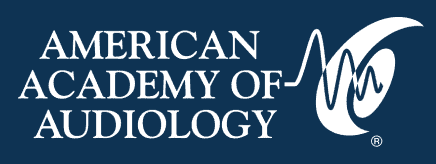Certification, certificate, certified…have you ever wondered what these different terms mean and how they are properly used? They each have different implications and cannot be used interchangeably.
Certification: Obtaining a certification shows that an individual has already acquired specialized knowledge in a specific field, through education and experience, and that they can demonstrate a high level of knowledge by passing a rigorous examination.
ABA currently offers specialty certification in Pediatric Audiology (PASC) and maintains existing specialty certification in Cochlear Implants (CISC).
ABA currently offers a general audiology credential verification (degree, licensure and mentored, professional experience) in the ABA Certified program. Becoming ABA Certified shows that an audiologist is committed to professional standards, ethical practices and continued professional development. The voluntary credential elevates the professional status of the audiologist to consumers, employers, health care institutions and public and private agencies.
When you meet standards and agree to ethical practices and professional development requirements, you can earn and use the credential “American Board of Audiology Certified” (ABAC).
Certificate: Certificate programs provide specific non-degree granting instruction and training in a particular topic, and then assess mastery of the intended learning outcomes. Those who complete all of the training and pass the assessments will receive the certificate and the right to use the credential.
ABA offers certificates in Tinnitus Management (CH-TM) and Audiology Precepting (CH-AP).
Recent Posts
How Do Animals Perceive Music?
Music can be defined as vocal, instrumental, or mechanical sounds, with rhythm, melody or harmony, and often, an expression of human emotion. Music can transcend…
‘Eye’ on Health: AI Detects Dizziness and Balance Disorders Remotely
Interesting research led by audiologist Ali Danesh, PhD, at Florida Atlantic University (FAU) helped develop a novel, proof-of-concept tool to help identify nystagmus using a…
Rizatriptan vs. Placebo for Attacks of Vestibular Migraine: A Randomized Clinical Trial
Jeffrey Staab, MD, and colleagues studied the effectiveness of rizatriptan as a treatment option for vestibular migraine. Their research included 134 patients between the ages of…



